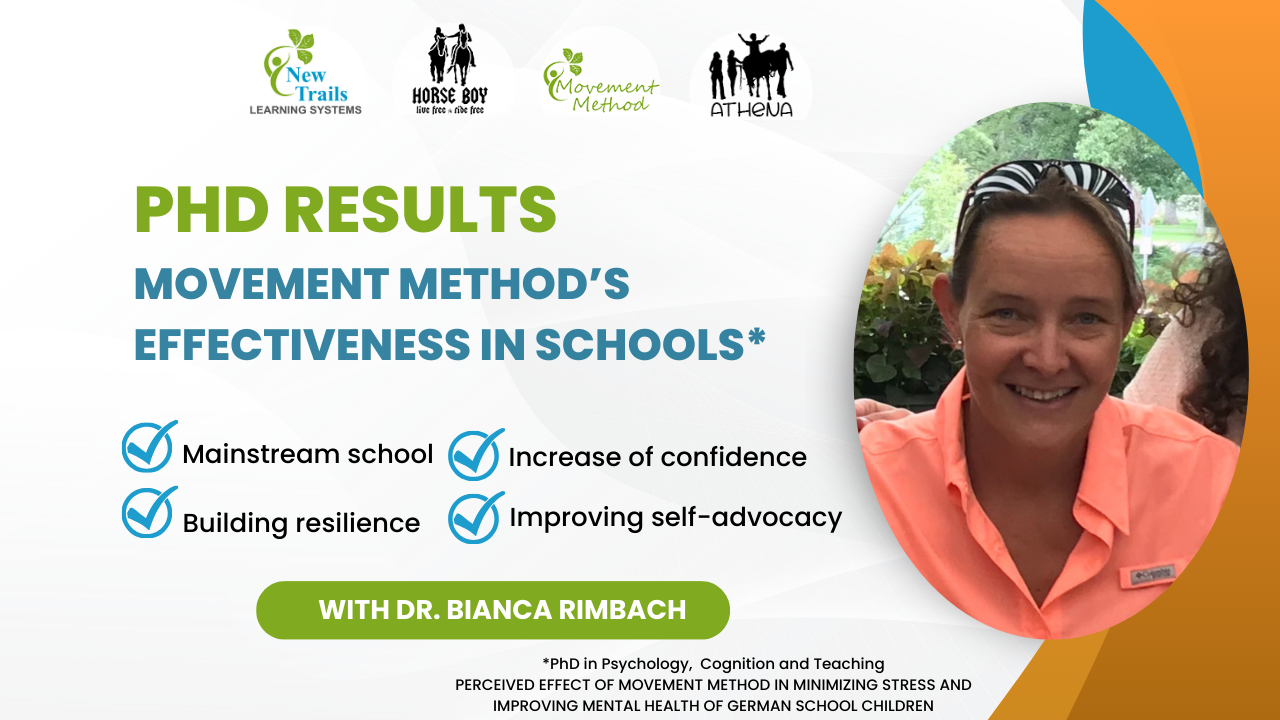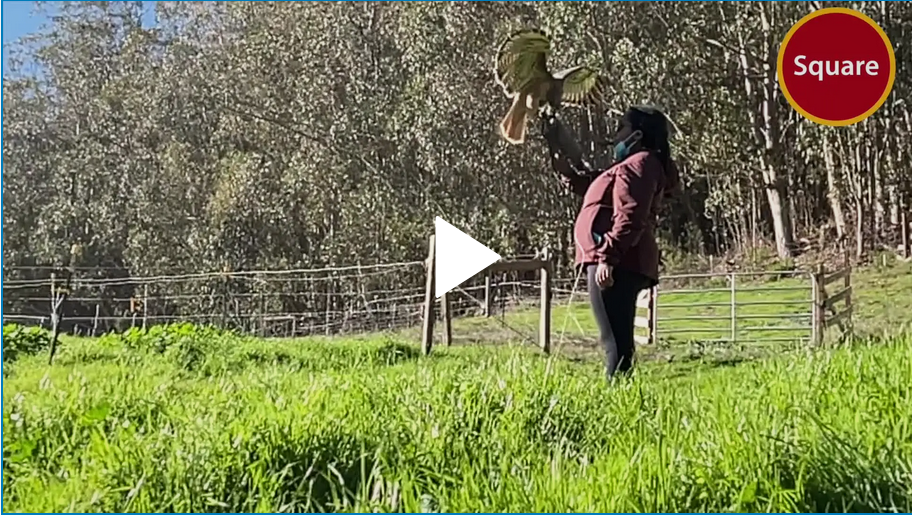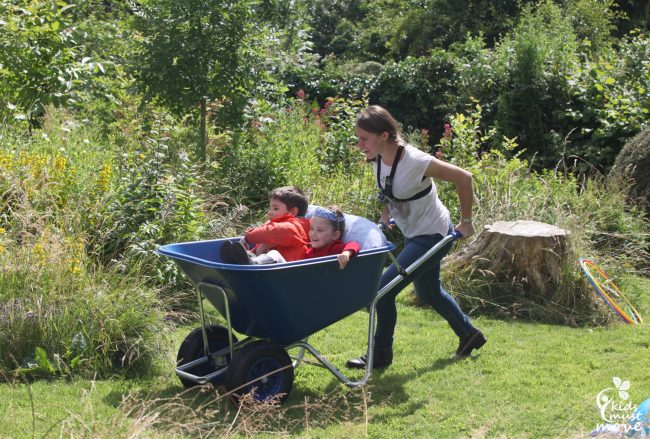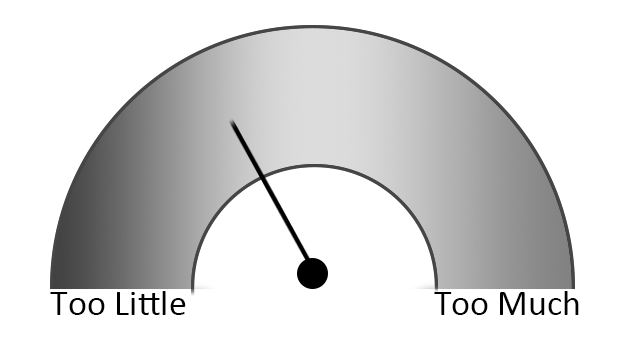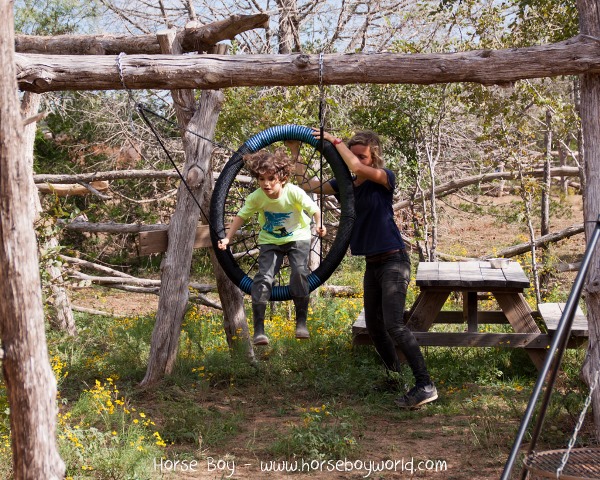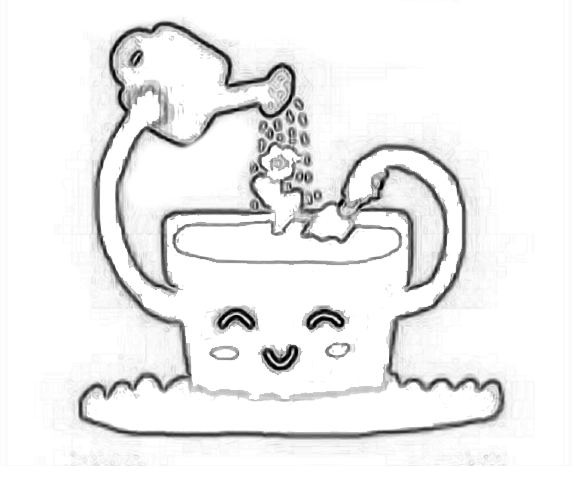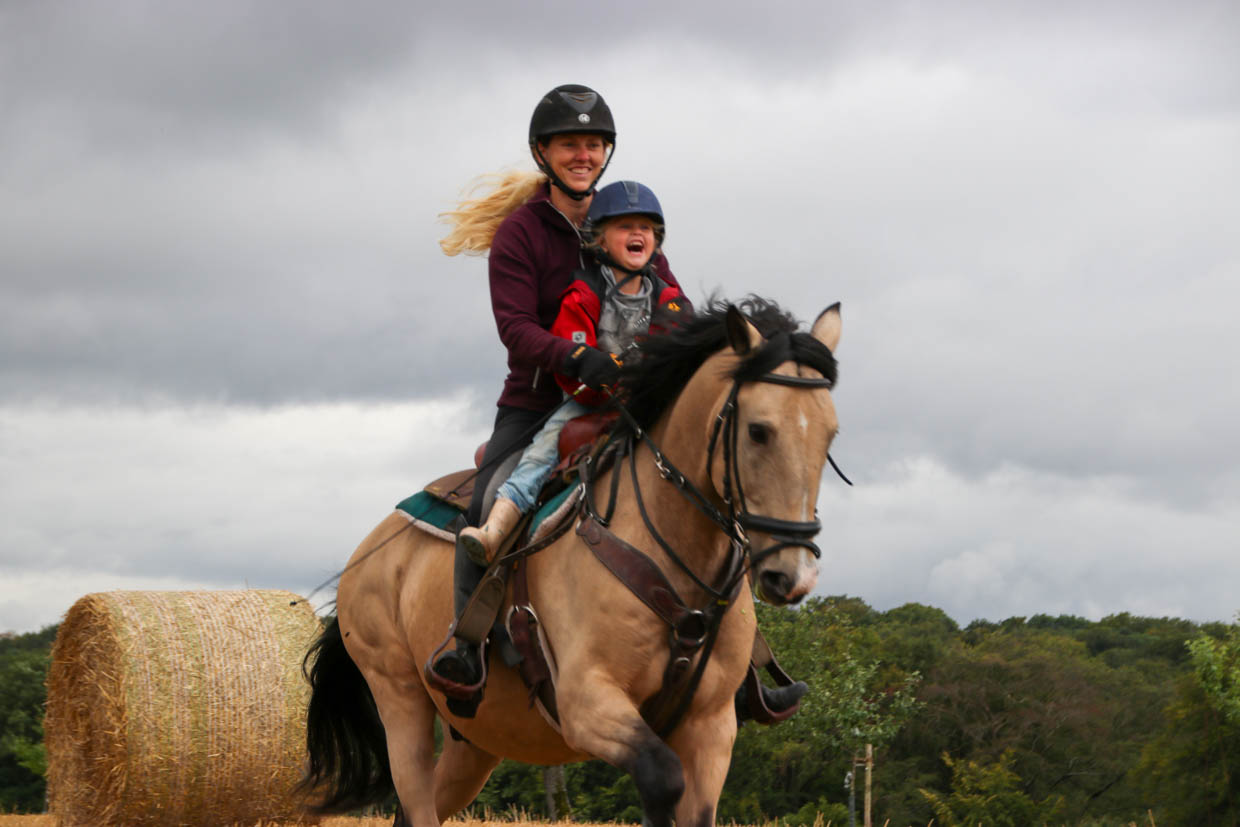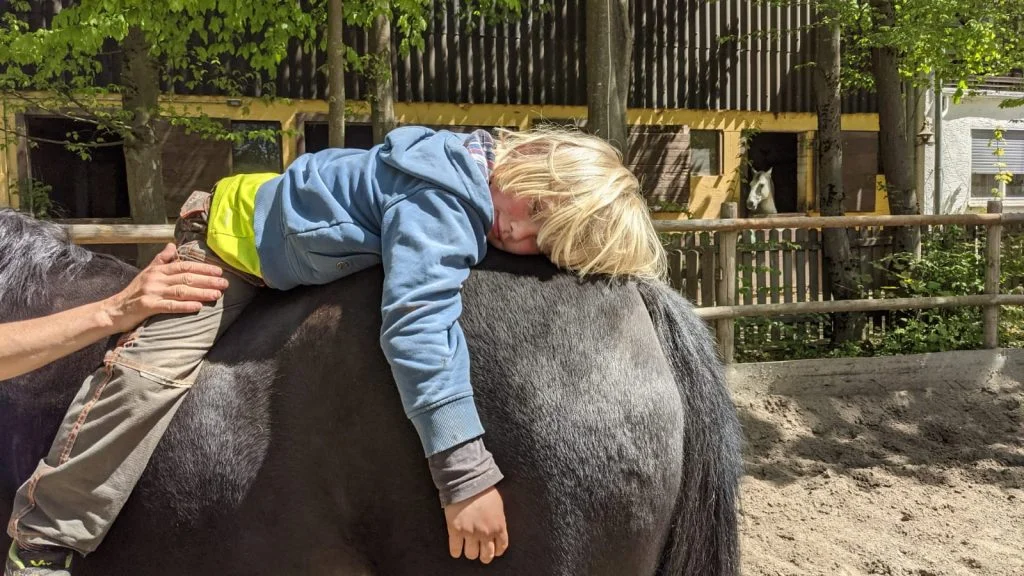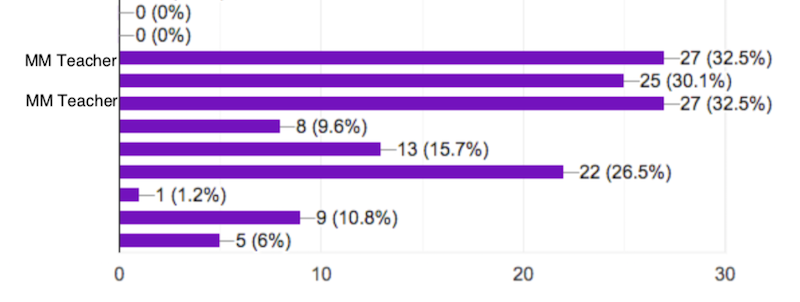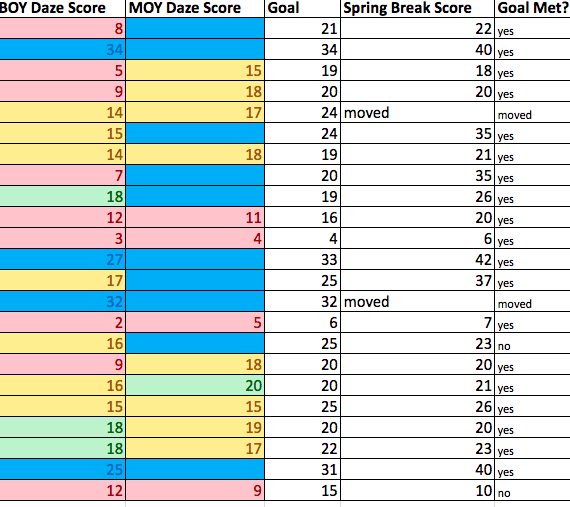On this page we have listed a selection of the most relevant research. To find all posted research head over to our blog.
HBM/MM/ATHENA Specific Research
PhD Research Study: Perceived Effectiveness of Movement Method Minimizing Stress and Improving Mental Health of German School Children
Grand Canyon University By Bianca Rimbach Successfully Defended and Approved by All Dissertation Committee Members November 20, 2023 Abstract The purpose of this qualitative descriptive study was to explore how elementary school teachers in Nordrhein Westfalen, Germany described their experience with movement method with respect to students’ mental health and stress levels. The theoretical framework […]
Case for Support: Individualized Job Training Project for young adults with Autism
Objectives: Meaningful and important work translates into improved self-esteem1. Leadership skills and personal independence assist young adults to transition from high school to the work force and college. Participants earn a record of job experience that includes leadership responsibilities, planning and decision making. Location: Square Peg Ranch Half Moon Bay is a 110 acre working […]
2017 Master thesis: Therapy with horses for a child with an autism spectrum disorder, a case study.
Abstract: Objective: This study aims to analyze the behavioral changes in a girl who is diagnosed with an autism spectrum disorder (ASD) during an intervention called the Horse Boy Method. Method: One girl (eight years old) with ASD participated in this study. During five weeks she received the Horse Boy Method therapy on a weekly basis. […]
2017 Masters Thesis University Osnabrück, Germany: Movement Method to convey physics curriculum to children with autism
An explorative study with 4 British children between 5 and 8 years old. Masters-Thesis Examiners: apl. Prof. Dr. phil. nat. Alfred Zieglerand Prof. Dr. rer. nat. Joachim WollschlägerOsnabrück, June 2017 The movement method is a non-directive way of kinetic learning specially designed for children with autism. Autism spectrum disorder (ASD) is seen as a profound […]
Involve the parents/siblings
Interventions are needed that address not only the child but the family as a whole – Schuntermann, P. (2007). Family stress can be an attributing factor for an unfavorable prognosis – Siefer et al, 2002). Social support is a protective factor for the adaption of parents of children with autism -Lounds, J. (2004) Eighty percent […]
The Right Pressure
Both adults and children with autism experience memory difficulties when asked a direct recall question. When asked to choose between information that they have learned and not learned they were unimpaired (Maister et al, 2013). Our brain is hard-wired to process the gist of a topic before the details. Information should therefore be presented in […]
Movement
We are evolutionarily programmed to learn on the move – (Leonard et al, 1997) Imaging studies have shown that when we exercise there is increased blood flow to the dentate gyrus which is a part of the hippocampus deeply involved in memory formation (Green et al, 2004). Imaging studies have shown that exercise stimulates the […]
Self-Care
Parents of children with autism experience greater stress and depression than parents of typically developing children (Baker-Ericzen et al, 2005, Higgens, 2005). Pre-intervention parental stress levels are the single most important predictor of the success of early intervention programs (Robbins et al, 1991). Self-compassion universally predicts parental well-being over and above the effects of child […]
Back-riding
The movement of the horse stimulates the cerebellum which has been linked to both language and attention (Bass et al, 2009; Wolf et al, 2009). Close body contact stimulates the release of oxytocin which is linked to decreased levels of stress and anxiety. Both are essential to learning (Holt-Lunstad, 2008) Children with autism experience activation […]
Sensory Work on the Horse
Oxytocin is released in response to sensory stimulation, such as warmth or touch (Uvnäs-Moberg, 1998). Skin to skin contact with the horse helps calm the sensory systems of children with autism, perhaps due to the gentle rocking motion of the horse (Solodkin et al, 2007). Equine assisted therapy is an effective therapy for sensory integration […]
Humor
Laughter can reduce levels of the stress hormone, cortisol (Berk et al ,1989, Bennett et al, 2008). Studies have also shown laughter increases levels of oxytocin and also melatonin (Bennett et al, 2003). Students were more likely to recall a statistics lecture when it was interjected with jokes about relevant topics (Garner, 2006). Laughter yoga […]
The Neuroscience of HBM/MM/ATHENA
Kids with ADHD need to move in order to learn, research reveals
Forcing them to stay still is counterproductive. Children with attention deficit hyperactive disorder (ADHD) are always being told to sit still and concentrate, but new research has revealed that they actually need to move in order to learn. In fact, small movements such as fidgeting, squirming, leg-swinging, foot-tapping and chair-scuffling may be vital to remembering […]
2014 Study University of Gothenburg – Relatives’ experiences of the Horse Boy Method A qualitative study
ABSTRACTAutumn 2014RESEARCH PROJECT IN PHYSIOTHERAPY, 15 higher education credits First cycle Title: Relatives’ experiences of the Horse Boy MethodA qualitative study Author :Supervisor : Susanne Rosberg Ph D, RPTHanna Hansson Physiotherapy studentJohanna Robertsson Physiotherapy student Examiner: Kaisa Mannerkorpi MDr, Ass. Prof, RPT To […]
Attention
Autistic people who avoid eye contact experience more amygdala stimulation when forced to look in people’s eyes. This is the “fight or flight” stress response, and the researchers suggest that autistic reactions to faces including feeling that they are threatening (Tottenham et al, 2013). References Tottenham, N., Hertzig, M. E., Gillespie-Lynch, K., Gilhooly, T., Millner, […]
Different areas of brain affected in autism, sensory disorders
(HealthDay News) –Although the vast majority of kids with autism have abnormal sensory behaviors, their brains are still wired very differently from children who have trouble processing sensory stimuli, researchers report. Children with sensory processing disorders (SPD) can be overly sensitive to sound, sight and touch. They can also have poor motor skills and show […]
2013 Pilot Study of effectiveness of Horse Boy Camps designed at UT Austin in the Educational Psychology Dept., School of Education
Internal research report: Abstract Objectives: The aim of this pilot study was to explore whether participation in a three day intervention involving horseback riding in nature– a program specifically designed for autistic children and their families called “Horse Boy Camps” – improves child outcomes in terms of social and cognitive functioning, as well as in parental […]
A Horse of a Different Color: A Review of the Effectiveness of Hippotherapy
A Horse of a Different Color: A Review of the Effectiveness of Hippotherapy Hippotherapy, sometimes also called “equine-assisted” therapy or “therapeutic riding,” involves the use of horses to provide various therapies to persons who display a number of challenging conditions (American Hippotherapy Association, 2010). “Hippo” means “horse” in Greek. According to the American Hippotherapy Association […]
Horses Soothe Kids with Autism – Scientific America
The animals’ motion may correct rhythm coordination problems Animals have helped many kids with autism improve their speech and social skills, but these cases have been largely isolated. Now the first scientific study of horse therapy finds its many benefits may have to do with rhythm. A study of 42 children with autism, six to 16 […]
University of Texas researching effectiveness of Horse Boy Camps
The Horse Boy Foundation, in conjunction with researchers from the University of Texas at Austin, is currently conducting a pilot study to investigate whether participation in a three day ‘Horse Boy Camp’ will improve child outcomes in terms of social and cognitive functioning, as well as parental and sibling well-being. A Horse Boy Camp usually consists […]
Benefits of Natural Environment & Movement
Exercise Is Even More Effective Than Counselling or Medication for Depression
Study source: https://bjsm.bmj.com/content/early/2023/03/02/bjsports-2022-106195?rss=1 Article source: https://neurosciencenews.com/exercise-depression-medicine-22762/ Summary: Exercise is an effective way to help with the treatment of a range of mental health disorders including depression and anxiety. In fact, exercise could be more effective than medication and counseling for depression. Source: The Conversation The world is currently grappling with a mental health crisis, with […]
Why Is Physical Activity So Good for Your Brain?
This is really interesting. Apparently physical activity increases white matter integrity. White matter consists of cells and axons that are responsible for communication between the different parts of the brain. The axons in the white matter work best if they are myelinated which means a fatty layer forms around them. This allows nerve cells to […]
Joyful Exploration
Humans are natural explorers. We are born with an intense desire to explore the world around us. We can become anesthetized to this but our brain never loses the ability to learn in this way (Medina, 2008). Companies that give staff time to explore where their mind asks them to have increased productivity and creativity […]
Can Free Play Prevent Depression and Anxiety In Kids?
Over the past 50-60 years, play time in kids’ lives has been drastically cut. School days and years are longer and parents often schedule enrichment activities for their children instead of giving them space to direct their own play. Children are rarely given the freedom to direct their own activities, leading to a persistent rise […]
Parents Who Promote Less Rigid Lifestyles for Children Prove More Effective
As opposed to keeping children immersed in a strictly scheduled day that includes school, sports, music lessons, and tutoring,parents should try encouraging their children to involve themselves in less structured activities that promote self-exploration. According to researchers at the University of Colorado Boulder, children who spend more time in less structured activities are better able […]
The Benefits of Nature
People who live in areas with more green space have lower levels of cortisol (Ward et al, 2012). Having plants in your home is linked to lower levels of cortisol (Ward et al, 2012) ADHD symptoms greatly reduced when in the presence of nature or doing activities in nature (Kuo & Taylor, 2004). Walking through […]
Movement Method in the Class Room
2020 – Master Thesis Sports Univeristy Cologne
Movement Method – Learning Through Movement In The Classroom Below is an excerpt of a Masters thesis done in Germany about Movement Method’s results in a primary school. Please find at the end of the post downloads, both of the original work in German, as well as a translation to English. 1 Introduction1.1 General background […]
Colorado School Student Survey: Teacher of the Year 2019
For obvious reasons, names are blanked out. Students had the choice to select their favorite teacher through a Google form. The two winners are at the same score- both are trained in Movement Method 2019_EIES_Teacher_of_the_Year_Student_SurveyDownload
Classroom Impact Data for Movement Method
2018 Public Elementary School (Title 1- Low Income) 5th grade data: Math growth, students moving out of red (non-proficient) before MM 18% and 45 % After MM 63% and 60% After using the trampoline students improved their DAZE reading score and except for two reached their individual growth goal.
Autism And Exercise: Physical Activities Improve Autistic Children’s Motor Skills, Behavior, Attention, Social Communication & School Performance
Physical activities are often overlooked in autism therapies. Parents usually put emphasis on training their autistic child to communicate verbally, establish eye contact, and how to behave in social situations. Experts, however, said that exercise plays a huge part in providing a better quality of life to people with autism. Meghann Lloyd, an associate professor of […]
Let the Children Play! Especially During Recess
Effective classroom behavior management has been a hot topic in education for years. Classrooms are full of personalities with one teacher at the head of the class to both manage all of those unique personalities and help them thrive. Haveyouthanked your child’s teacher lately? In a survey of Pre-K-12th grade teachers conducted by the American […]
The Power of Personalized Learning
According to highly respected international educators William Powell and Ochan Kusuma-Powell, a “seismic shift” is occurring in education today, away from the one-size-fits-all learning model to educators recognizing that students bring to the classroom different learning styles, intelligence preferences and interests. They stress that the most effective schools incorporate these factors into their instructional planning. […]
Importance of Nutrition
Caregiver Support
De-stress groups by peers help mothers of autistic kids
Programmes teaching “mindfulness” and “positive psychology” helped mothers of children with autism to reduce their stress and depression, according to new study. Most services for such families focus on the disabled child, researchers say, but improving the mental health of parents is likely to make them better caregivers and that, in turn, could improve their […]
Parents of children with autism need help, too
TUESDAY, July 22, 2014 (HealthDay News) — Most therapies for autism focus on the child, but new research suggests the child’s stressed-out parents could benefit from treatments designed specifically for them. Mothers of autistic children who took part in a coping skills program found they connected better with their child and felt less stress, anxiety […]
Music/Animal/Nature Therapy
Equine-Assisted Occupational Therapy: Increasing Engagement for Children With Autism Spectrum Disorder.
Abstract Engagement in meaningful activities is essential to development and is often reduced in children with autism spectrum disorder (ASD) who have limited engagement in activities or relationships. A multiple-baseline design was used with 7 children with ASD ages 4-8 yr to assess the effect of including a horse in occupational therapy intervention on task […]
Children with Autism Who Live With Pets Are More Assertive
Dogs, cats and other animals may improve social skills of children with autism COLUMBIA, Mo. – Dogs and other pets play an important role in individuals’ social lives, and they can act as catalysts for social interaction, previous research has shown. Although much media attention has focused on how dogs can improve the social skills […]
Music Therapy Helps Autistic Children Find Their Voices in Nepal
KATHMANDU, NEPAL — The walls of a small, brightly lit room are decorated with colorful musical instruments. A guitar is stored in one corner of the room. In another, a keyboard lies on the floor. A table against the wall holds a flute and two traditional Nepalese drums, a tabla and a madal. Maulik Bhandari, […]
Children with autism benefit from having trained dogs, says report
Children with autism can benefit from having a specially-trained dog — and the Government should ensure that more resources go into providing them, according to the author of a new medical study. Researchers at UCC say they have proven that children with autism spectrum disorder (ASD) can benefit from having a dog, particularly at a […]
Dog ownership benefits families of children with autism, researcher finds
Many families face the decision of whether to get a dog. For families of children with autism, the decision can be even more challenging. Now, a University of Missouri researcher has studied dog ownership decisions in families of children with autism and found, regardless of whether they owned dogs, the parents reported the benefits of […]
